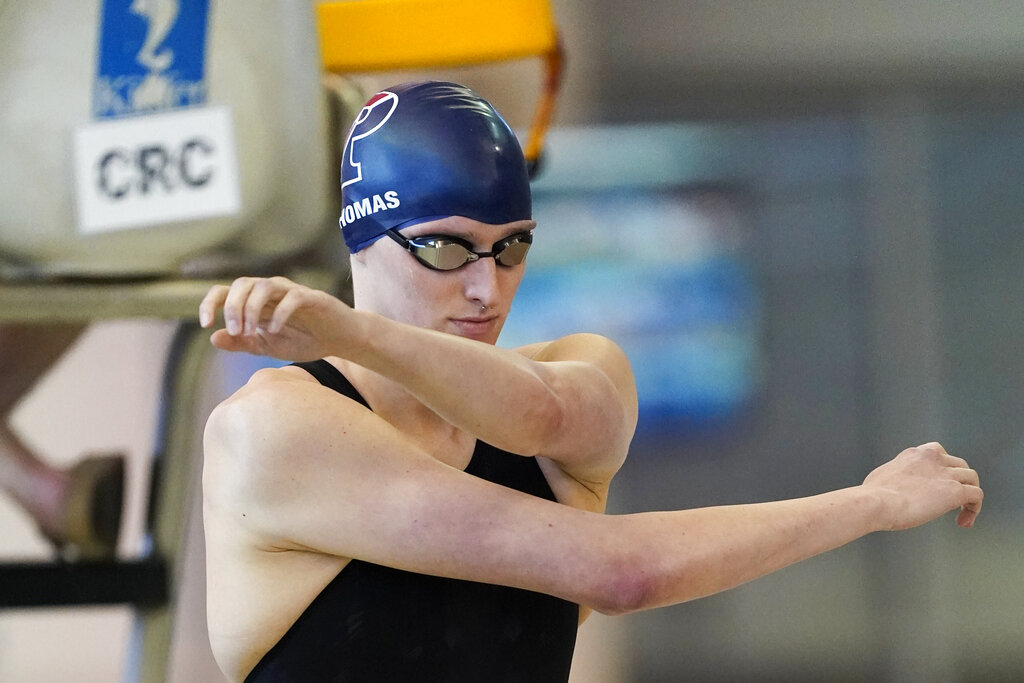A Hungarian swimmer has spoken out against the transgender policy of the U.S. student athletes’ association after it permitted a transgender swimmer to compete against biological women.
Réka György, a multiple Hungarian champion swimmer who also participated in the 2016 Rio Olympics, wrote a letter to the National Collegiate Athletic Association (NCAA) criticizing the body’s transgender policy which allowed Lia Thomas, a 22-year-old transgender swimmer at the University of Pennsylvania, to compete against cisgender females.
Thomas won the 500-yard (457.2-meter) sprint at a recent competition by a significant margin, outpacing Olympic silver medalist Emma Weyant in second place by 1.75 seconds — with that, she became the first transgender swimmer to win a Division 1 championship in the United States.
By comparison, the U.S. seven-time Olympic champion Katie Ledecky won the same race in 2017 with a time more than nine seconds slower than Thomas’.
Born as a man, Thomas began her gender change in May 2019. The NCAA currently requires transgender female athletes to undergo one year of hormone replacement therapy (HRT) in order to be licensed to participate in women’s competitions.
While acknowledging Lia Thomas’ hard work, György wrote the NCAA was wrong to allow her to compete with biological women.
“On the other hand, I want to criticize the NCAA rules that allow her to compete with us, biological women. I am writing this letter now because I hope the NCAA will open its eyes and change these rules in the future,” the letter read.
“It’s not going in the right direction for our sport, and I think it’s also a disrespect to the biologically female swimmers competing in the NCAA,” György added.
“The NCAA knew what was going to happen, they knew opinions were divided about it, but they decided not to do anything.”





